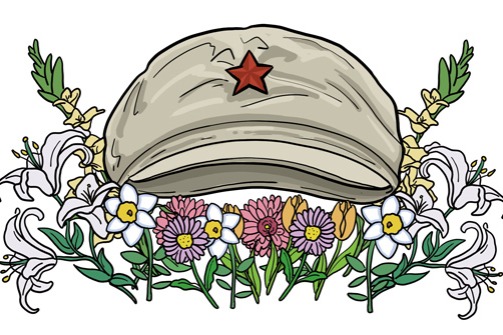Hijacking of Chinese technology continues: China Daily editorial

The Dutch government's takeover of Chinese-owned semiconductor manufacturer Nexperia is an egregious example of a government abusing the concept of national security. The direct intervention in the normal operations of a law-abiding high-tech enterprise violates the spirit of contract and free market principles. It will also undermine foreign companies' trust in the business environment in the country and strain relations between China and the Netherlands.
The Dutch government has cited "urgent national and technological security concerns" to try to justify its shameless seizure of the Chinese high-tech assets, yet the aggressive move, at the insistence of the United States, is aimed at curbing China's growing influence in strategic industries globally.
Nexperia, which was formerly part of Philips' chip division, NXP, is a global semiconductor company with a presence across Europe, Asia, and the US. It was acquired by Wingtech, one of China's major integrated technology enterprises, in 2019.
The Dutch government claimed that the move is intended to safeguard "crucial technological knowledge and capabilities" and denied that it has acted at the behest of Washington. But it is notable that its announcement of the seizure of the Chinese company on Sept 30 came just one day after the US Department of Commerce's Bureau of Industry and Security issued an interim rule extending its Entity List to include affiliates of sanctioned companies. Under the rule, any enterprise that is at least 50 percent owned by a listed entity automatically falls under the same trade restrictions.
Given Nexperia's parent company, Wingtech, was placed on the US Entity List in December 2024, it is obvious that the Dutch move aims to coordinate with the US' tightening of semiconductor export controls against China.
Public documents from a Dutch court on Oct 14 also reveal that the Netherlands and the US communicated and coordinated on the latest restrictions, with the US demanding that the Netherlands replace Nexperia's Chinese CEO and "adjust the governance structure" to avoid sanctions under the "penetrating rule". That the Dutch government has followed the US order to the letter suggests it has abrogated its decision-making on a major issue that concerns the stability of the global semiconductor supply chain, becoming a puppet of the US.
What the Dutch government has done has caused irreversible damage not only to the legitimate rights and interests of the Chinese enterprise, but also to the healthy development of China-Netherlands economic and trade relations. This leaves China with no choice other than to take countermeasures to safeguard the legitimate interests of Chinese companies.
The Netherlands must bear all the consequences from its collusion with the US in an attempt to stop China's technological progress, especially in advanced semiconductor technology. Days after the Dutch government's seizure of Nexperia, China imposed export restrictions on Nexperia's China-based subsidiaries and distributors banning certain components and finished products from leaving the country. Nexperia's products are crucial for the automotive and electronics sectors.
Past experience should remind the Dutch government that toeing the US' anti-China line will not serve its own interests. Its chip machine-maker ASML, for example, has already seen its business heavily affected due to long-arm restrictions of the US that ban it selling products to China, the main market for ASML, accounting for nearly half of its global sales. ASML's orders in the Chinese mainland dropped sharply in the third quarter of 2024, and it is expected that the proportion of its revenue from the Chinese market will drop to about 20 percent in 2025. The Netherlands will gain little by antagonizing China, either economically or politically.
China has many other options to safeguard its core interests. The Netherlands should correct its ill-judged move, refrain from politicizing economic and trade issues, and take remedies to effectively protect the legitimate rights and interests of Chinese investors, thereby fostering a fair and transparent business environment, before it is too late.


































